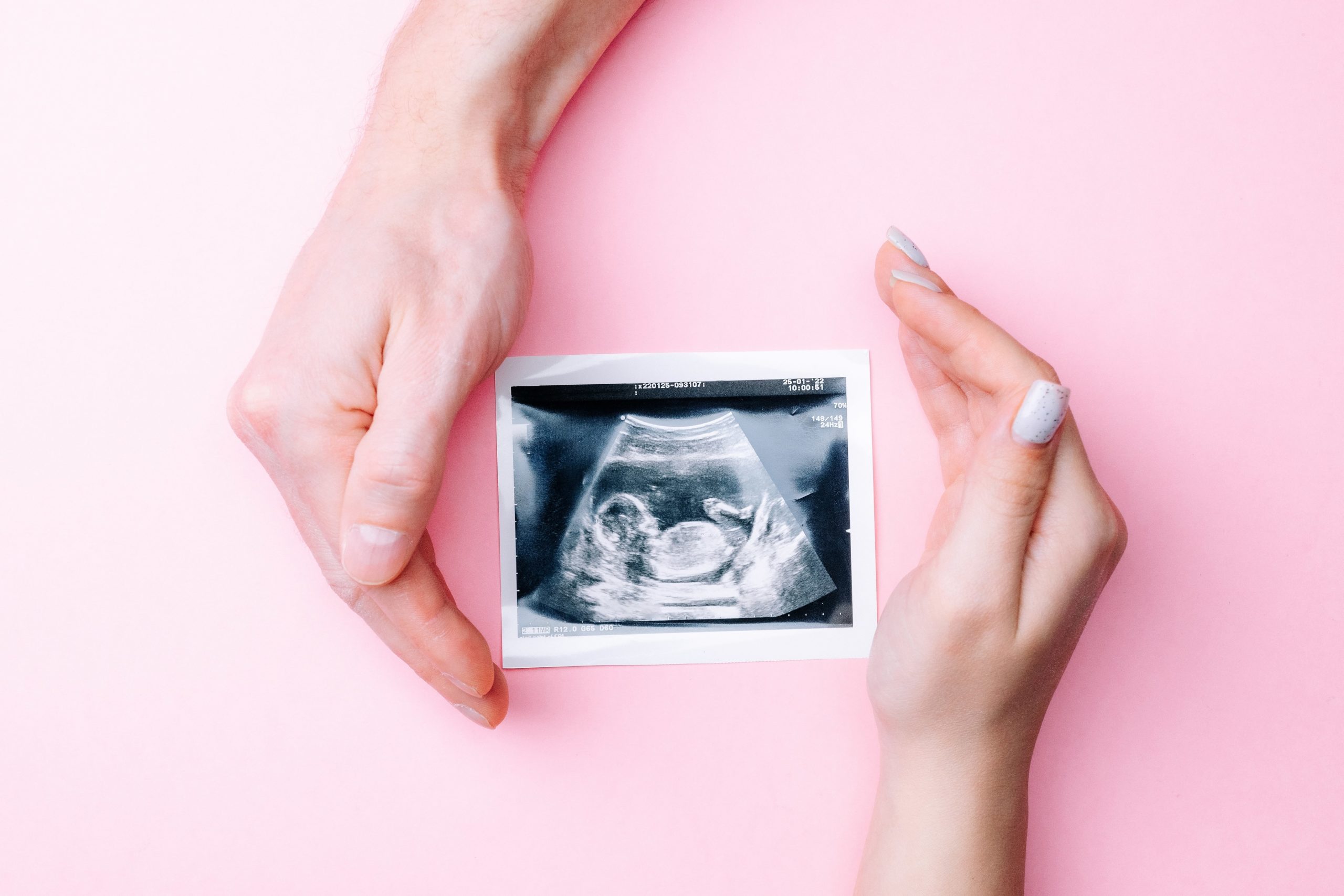
Why can't I get pregnant again? What is secondary infertility?

Author - Motherhood Medical Team
Secondary infertility can be defined as the inability to carry a baby to full term after having a previous successful pregnancy without any fertility medication or IVF treatment. Secondary infertility is as common as primary infertility and can be traced to either partners or both. While one-third of the cases are found in men and one-third in women, the remaining are attributed to a combination of unknown factors.
Causes of secondary infertility in women:
- Issues in the quality and quantity of eggs( limited supply or the inability to create new eggs after birth)
- Issues with the fallopian tube (blockage due to pelvic infections)
- Uterine problems (fibroids and more)
- Scarring from endometriosis
- PCOS(polycystic ovarian syndrome)
- Breastfeeding ( often leads to a decrease in egg count)
- Lifestyle changes and weight gain( diets and obesity)
- Other ovulation issues
- Surgical complications ( past pregnancy surgeries)
Causes of secondary infertility in men:
- Reduced testosterone level(aging or injury in the genitals)
- Testicular varicocele(vein enlargement in the scrotum)
- Poor quality semen (semen quality declines after 40)
- Prostate enlargement(hinders normal ejaculation)
- Prostate removal(this causes semen to flow backward)
- Late-onset hypogonadism(reduction in hormone secretion)
- Use of commercial sexual lubricants toxic to the sperm
- Exposure to certain chemicals
Signs of secondary infertility:
Couples can suspect secondary infertility when they have unprotected sex for about a year at the age of 35 without getting pregnant.
What can be done?
One can go for assisted reproductive techniques (ART) like Intrauterine insemination (IUI) and In vitro fertilization(IVF), while there are medications and surgeries for the same. Antioxidants and anti-aging supplements are also recommended.
Failure in treatment could take a toll on mental health. The patient feels several emotions ranging from anger, sadness, guilt, and loneliness. Feeling isolated is quite common in these patients.
At Motherhood Hospitals, we have a team of experienced super specialists backed by the latest in infrastructure and facilities. We have the best Gynaecologist who are experts in handling complex deliveries, gynaecological needs, and other surgeries including a range of laparoscopic surgeries.
Do take an appointment with the best delivery hospital at a centre closest to you. Meet with our doctors who will carry out the required investigations, diagnose the issue and recommend the most appropriate treatment, enabling you to lead an active life.
If you wish to get in touch with our doctors, please book your appointment here.
Related Blogs

NT Scan During Pregnancy: A Crucial Early Screening Test for Your Baby's Health
Read More
Boosting Fertility: A Guide to Conception Calculators and Ovulation Tracking
Read More
Understanding Different Types of Vaginal Birth Delivery
Read More
How to Treat and Prevent Brown Discharge
Read More
Endometriosis Understanding, Diagnosing, and Managing the Condition
Read More
Emotional Support During IVF Treatment
Read More
Understanding Gestational Diabetes: Insights from Dr Shruthi Kalagara
Read More
Urinary Tract Infection (UTI) in Pregnancy
Read More
Early Pregnancy Care for New Pregnant Women: Expert Advice | Motherhood Hospitals
Read More
Body Positivity Tips Post C Section (Cesarean Delivery)
Read MoreRequest A Call Back
Leave a Comment:
View Comments
Previous
Next
HELLO,
Stay update don our latest packages, offer, news, new launches, and more. Enter your email to subscribe to our news letter


 Toll Free Number
Toll Free Number








No comment yet, add your voice below!